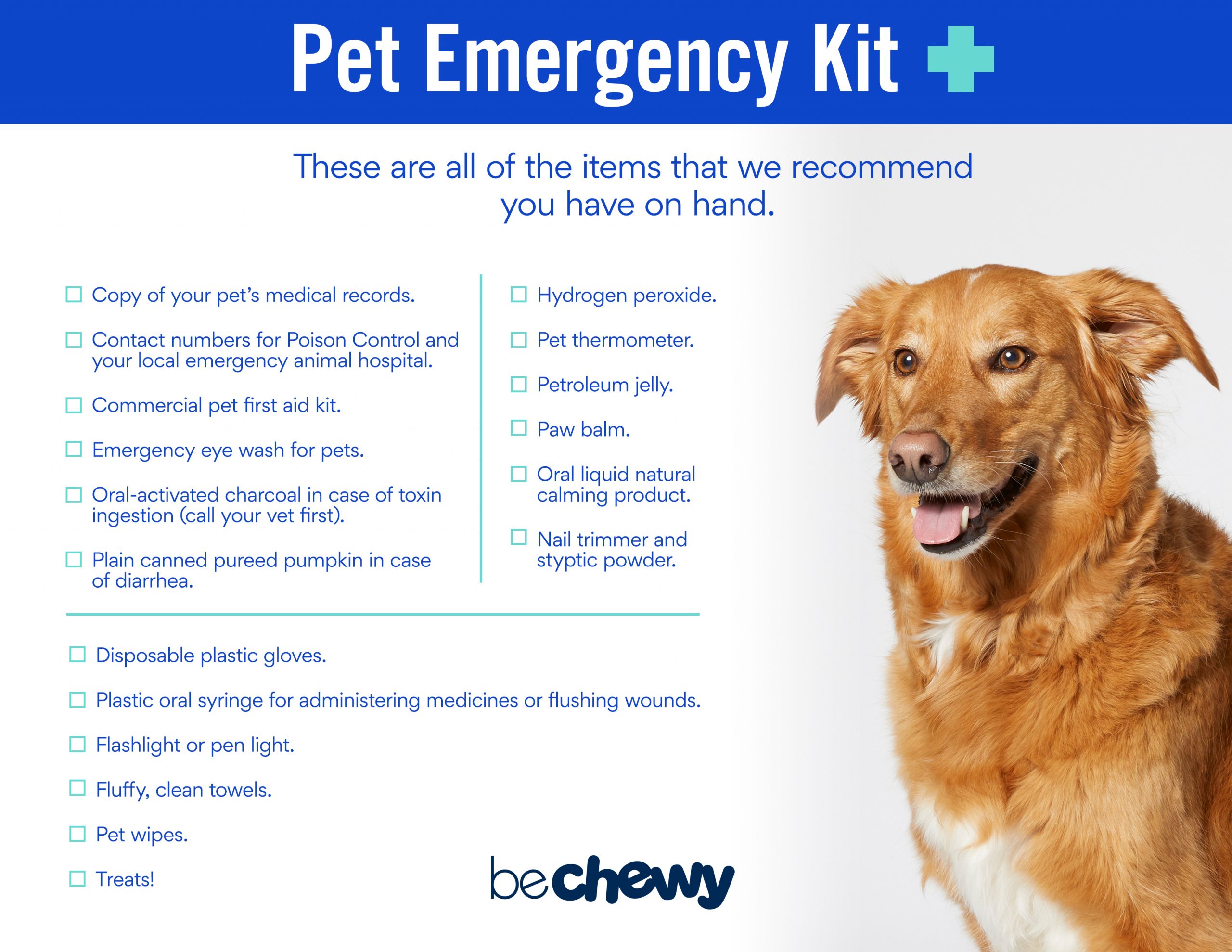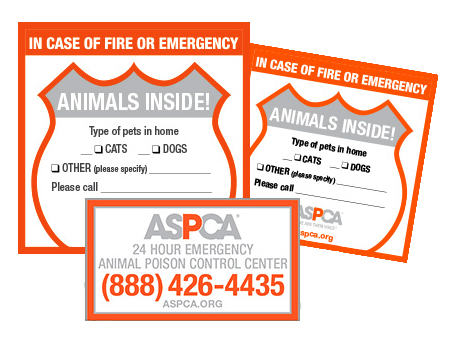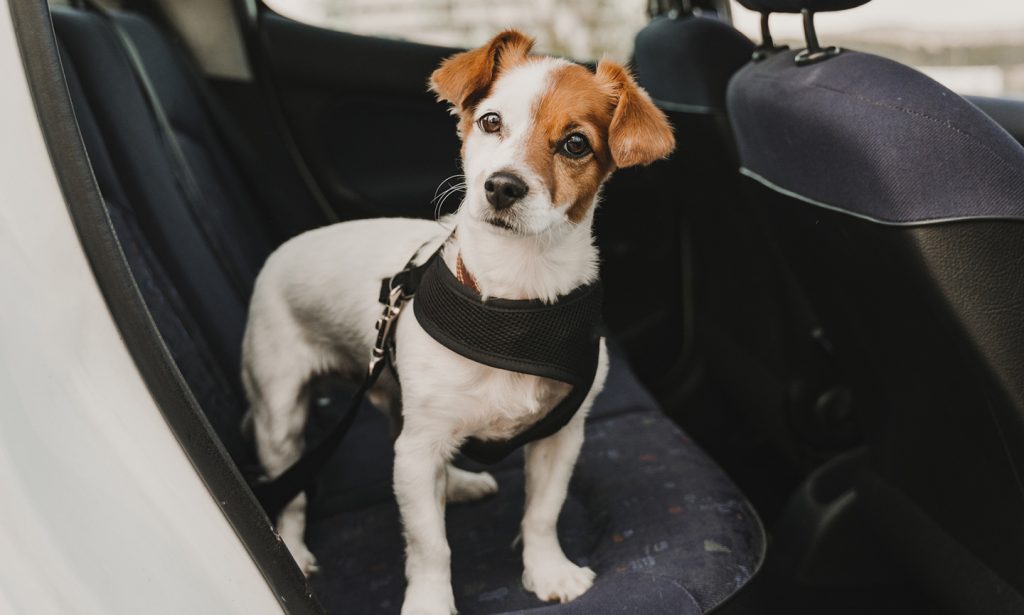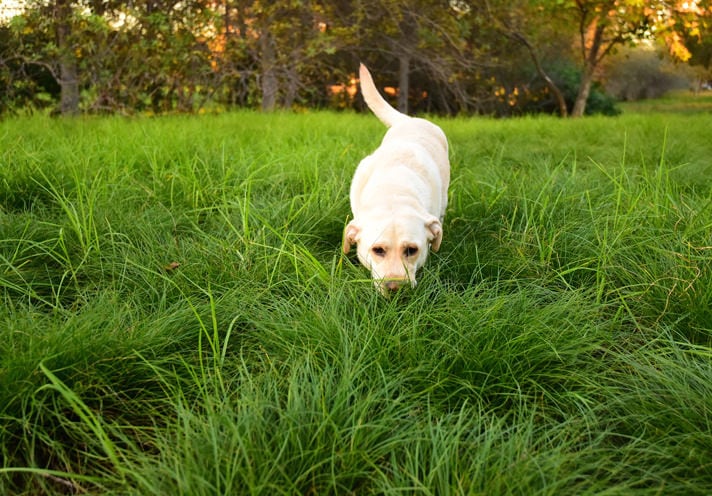The devastation and destruction hurricanes can wreak is undoubtedly heartbreaking. For people in Florida, Texas, Louisiana and more, hurricanes are all too familiar, ruthless and entirely unpredictable. That is why it is so important to have a disaster preparedness plan ready during the months of June through November.
If you're a pet parent, your plan needs to account for your pets as well. Remember that your pets rely on you to get them ready for the next big storm. Follow these pet safety tips on how to prepare your pets for the hurricane.
Have an Evacuation Plan
- Create a disaster preparedness plan in case of an evacuation. Pet parents must make sure that pets are allowed wherever they are headed. Many motels, hotels and shelters do not allow for pets. Be prepared and make sure your evacuation plan includes your pets.
- Choose designated caregivers who can care for your pets, if your evacuation location does not allow for pets. Keep a list of friends, relatives, boarding facilities, animal shelters and veterinarians who you know can care for your animals in an emergency. Be prepared with a list of phone numbers.
- Be prepared to designate more than one place for your pets to go. Why? Many times in emergencies, we need to separate pets.
- Include your pets in evacuation drills so that they become accustomed to traveling in their carriers comfortably.
Have Emergency Supplies and Travel Kits Ready

- Have leashes, dog harnesses and/or carriers ready to transport pets safely and ensure that they cannot escape.
- Make sure to have enough supply of food, drinking water, bowls and cat litter. Don’t forget a can opener if your pet eats canned food.
- Remember all medications and keep copies of medical records stored in a waterproof container.
- Make a hurricane first aid kit that includes the following:
- Identification (current color photo of your pet, ID tag that includes the owner’s name, current address, contact phone number)
- Medical records and information of any medical conditions or behavioral problems
- Information on feeding schedules, and the name and number of your veterinarian in case you have to foster or board your pets
- A list of veterinarians and 24-hour emergency animal hospitals that are close to your destination if you need to evacuate
- Pet beds and toys, or something that provides your pet with comfort during what can be a difficult time
Pet Safety Tips for Traveling
- Make sure that your pet’s vaccinations are current.
- Make sure they're wearing collars with up-to-date identification (many pet shelters require proof of current vaccinations).
- Stock up on any medications your pet requires, along with a copy of their medical records.
- Make sure your pet is microchipped and that their microchip is registered and current. Many pets get lost or displaced during natural disasters.
- Have your veterinarian prescribe a sedative if needed, especially if your pet exhibits anxiety and stress during storms or travel. Always consult with your veterinarian before giving your pet any medications.
Display a Rescue Sticker in Your Front Window

- The ASPCA recommends pet rescue window and door stickers be displayed so that people know there are pets inside your home. You can order it from the ASPCA website.
- Make sure your sticker is visible and includes the number of and type of pets in your household.
More Ways to Keep Your Pet Safe:
Share:









